Quartz is a popular countertop material among American homeowners.
The material is strong and durable and requires minimal maintenance. Compared to other countertop materials, you will not need to do much after installing your countertop.
Durability and ease of maintenance make quartz countertops the king of all countertops. However, quartz countertop heat damage can occur.
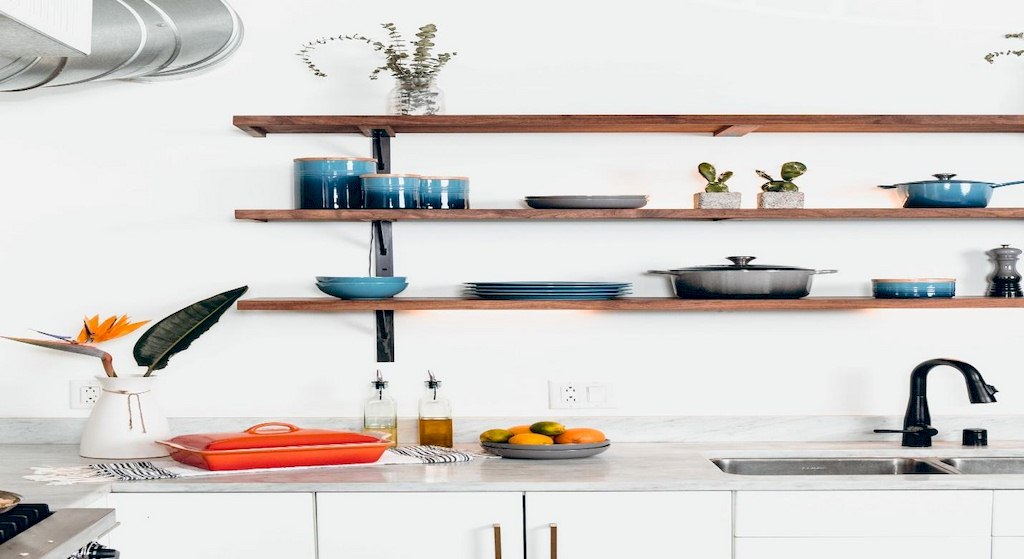
During the fabrication of quartz, the ground quartz and the resins are cured at temperatures of up to 185 degrees Fahrenheit. The fabrication process ensures that quartz kitchen countertops countertops are resistant to abrasion, stains, and impact.
After the fabrication and installation, your quartz countertop with withstand up to 302 degrees Fahrenheit – this is way higher than what most natural stone countertops will withstand.
However, this does not mean that you should expose your engineered quartz countertop to heat.
Heat damage to quartz countertop will make your countertop appear dull and this is not anything you want. Read on to learn more.
Read Also:
- The Popularity of Granite Worktops Glasgow – Reasons Why More People are Using it Today
- How to Raise the Height of Kitchen Counters
- What Is the Most Durable Kitchen Countertop?
- Top 5 Materials for Your Kitchen Countertops
- Epoxy vs Quartz Countertops: Which is Better?
Quartz Countertop Heat Damage and Chemical Reactions
In most homes, it is not possible to expose your quartz countertops to enough heat to cause a chemical reaction. The resin binders need high heat to change their chemical state.
However, this does not mean that a chemical reaction will not occur if you expose your countertop to heat repeatedly.
Even if the heat does not damage the bond that holds the resin binders and ground natural stone, the heat will scorch the surface of the countertop.
You may not need quartz countertop heat damage repair any time soon, but once exposed to heat, your countertop will lose its appealing appearance.
If you expose your countertops to extreme heat, a chemical reaction that alters the structure of your countertop might not occur.
If, for instance, you place a hot iron on the surface of your countertop, it will not cause any reaction even though the iron is about 410 degrees Fahrenheit hot.
If it happens once or twice, there may be no reaction. However, exposing your countertop to such heat for a long time will cause discoloration. Even then, you should not risk placing any hot item on the surface of your countertop.
A cast-iron pan gets hotter than a curling iron. Right off the oven, the pan can reach a temperature of up to 572 degrees Fahrenheit.
This temperature is too hot for the pan and can cause discoloration almost immediately. Most pizzerias avoid quartz countertops as the pies come off the brick ovens at very high temperatures, up to 698 degrees Fahrenheit.
How Does Heat Damage Quartz Countertops?
Heat damage to quartz countertops occurs immediately as scorch marks. The scorch marks, which are either yellow or brown, are an indication that the resin is burnt.
Even moderately hot pans and pots can cause scorch marks if they are constantly placed on the same spot on the countertop.
Leaving hot items on the surface of your counter even for a few minutes will make the counter develop scorch marks.
How to Prevent Quartz Countertop Heat Damage
Caring for your quartz countertop requires more than wiping off spills; you need to keep it from damage from extreme heat.
Below are simple ways to ensure your quartz stays in good shape. You can also read more on how to care for your quartz countertops on Caesarstone.
Use Trivets and Hot Pads
The easiest way to keep your countertops protected is to use protectants such as trivets and hot pads. These protectants should be placed near your stove and the island area so you can place your pots from the cooker.
You can also leave your pots and pans on top of the stove until they cool enough to be placed on your quartz countertop.
If you have installed quartz countertops in your bathroom, use insulating objects when you are using curling irons and hair dryers.
Protect from the Sun
While the heat from the sun is not nearly enough to cause significant immediate damage on the surface of your countertop, it can still cause damage after a long period of exposure.
The heat from the sun dulls the colors of your quartz countertop. If only a section of your countertop is exposed to the sun, after a while, you will not see the difference as that side becomes duller than the other side.
You can use curtains to keep the surface of your countertop protected. If you are remodeling your home, position the countertops in a way that they will not be exposed to the hot sun.
Quartz Countertop Heat Damage Repair
If your quartz countertop has already developed scorch marks, you need to find a way to remove or cover the scorch marks. You can scratch by cleaning the surface thoroughly with soap and water.
Lightly scrub the surface with a mild abrasive. If the scorch marks are not deep, they should be removed through light scrubbing.
If the scorch marks remain, smear white toothpaste or a paste of baking soda and water on the marks and let it sit there for a few minutes. Wipe off the toothpaste and lightly scrub the surface to remove the marks.
If the scorch marks are deep and will not come off, you will need to cover them. You can cover them by making the scorched area your new working area and covering them permanently with a chopping board.
You can also cover them with a tile adhered to the surface on which you can place hot pans and pots. Alternatively, you can use decorations adhered to the surface of the countertop.
Conclusion
Quartz countertops promise durability. Seeing that the main component of these countertops is quartz natural stone, you will enjoy a hard surface that resists abrasion, scratches, and heat.
However, temperatures above 300 degrees Fahrenheit will damage the surface of your counter. Even lower temperatures can scorch the surface of your countertop if it is exposed for a long time.
With good care, however, quartz countertops can maintain their shine for decades. Scorch marks on the surface are easy to remove but deep scorch marks are challenging to remove, Also, you can prefer Quartz Worktops that make your interior more attractive.
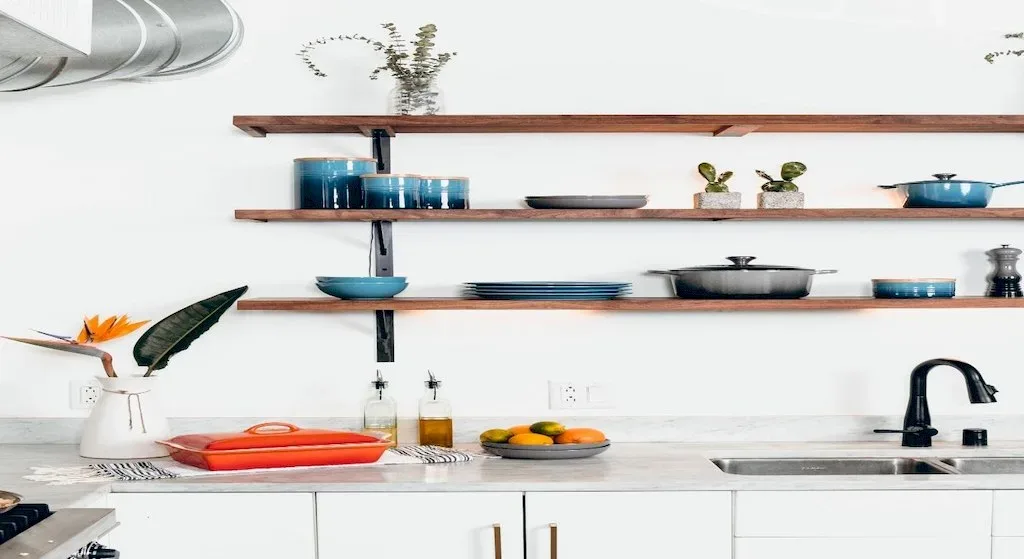
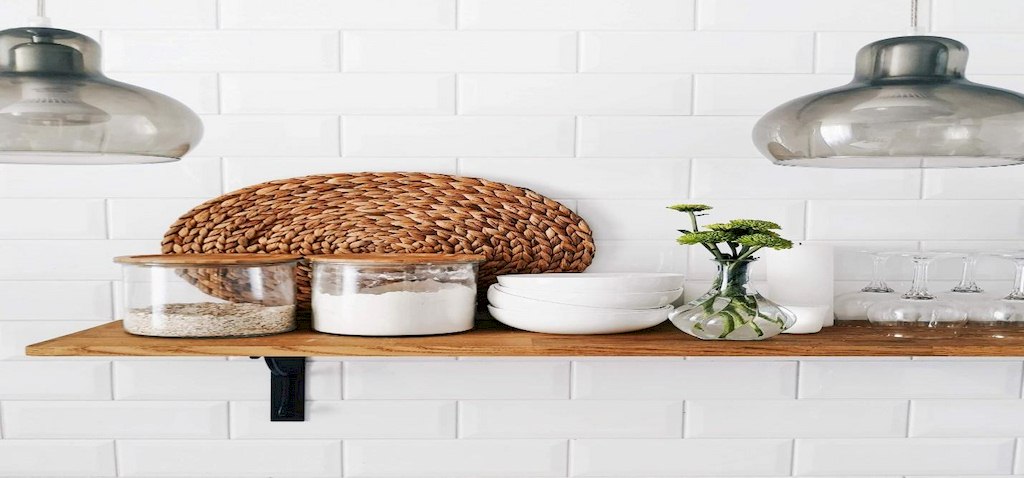
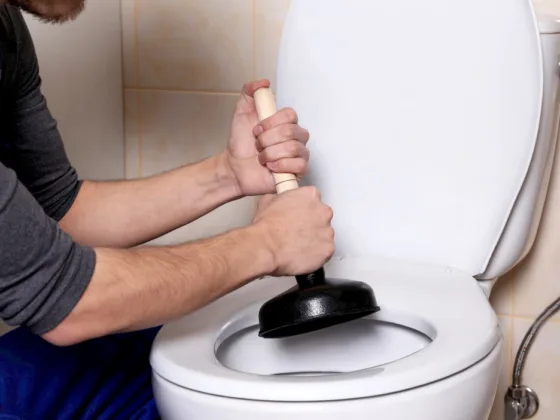
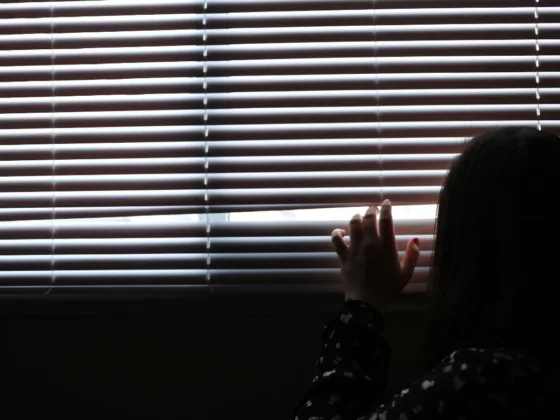








1 comment
My quartz is horrific. Aluminum foil scratches it . Everything scratches it! I hate it. I love my black color but wishing I had granite like I had before!😢